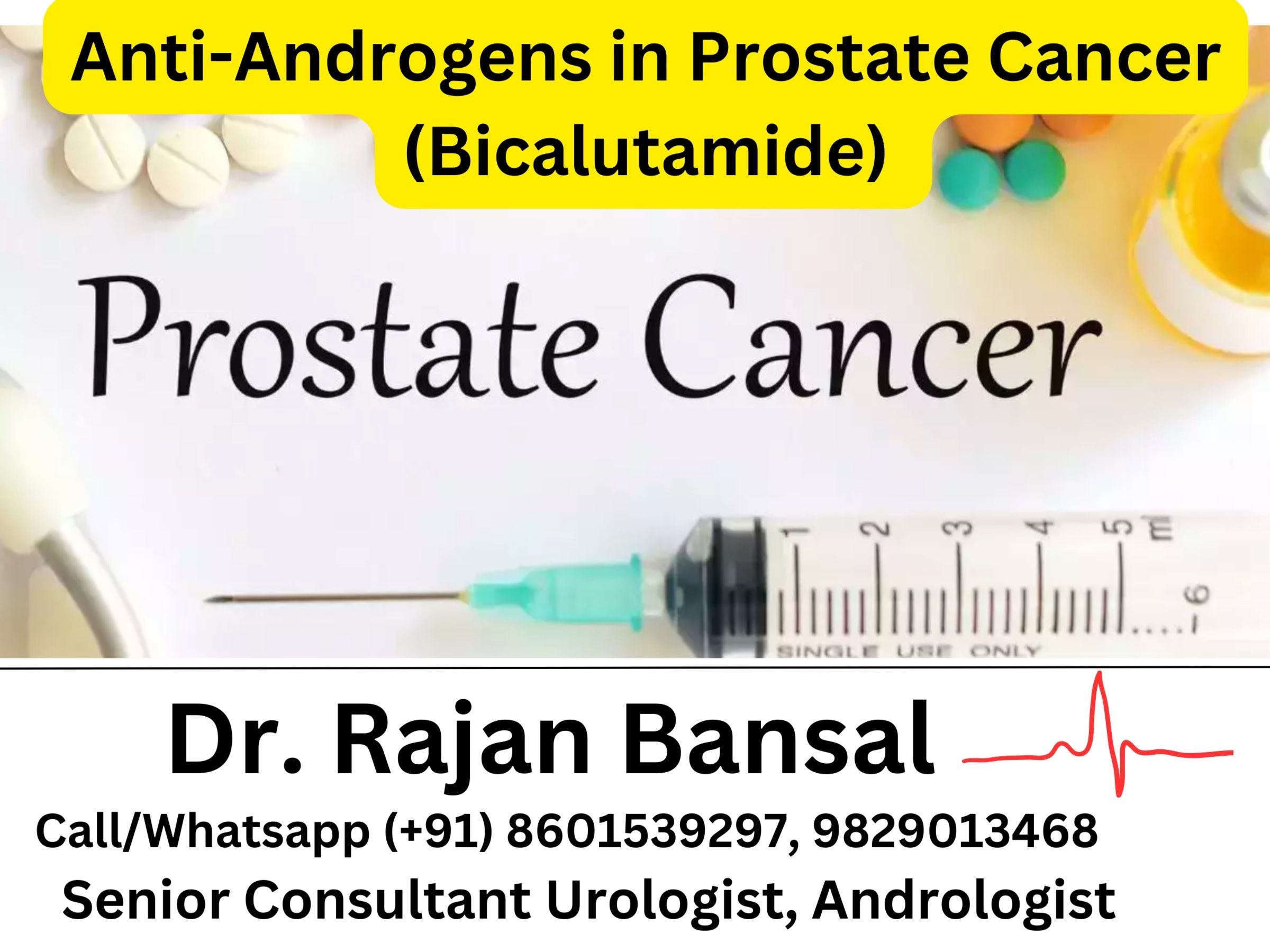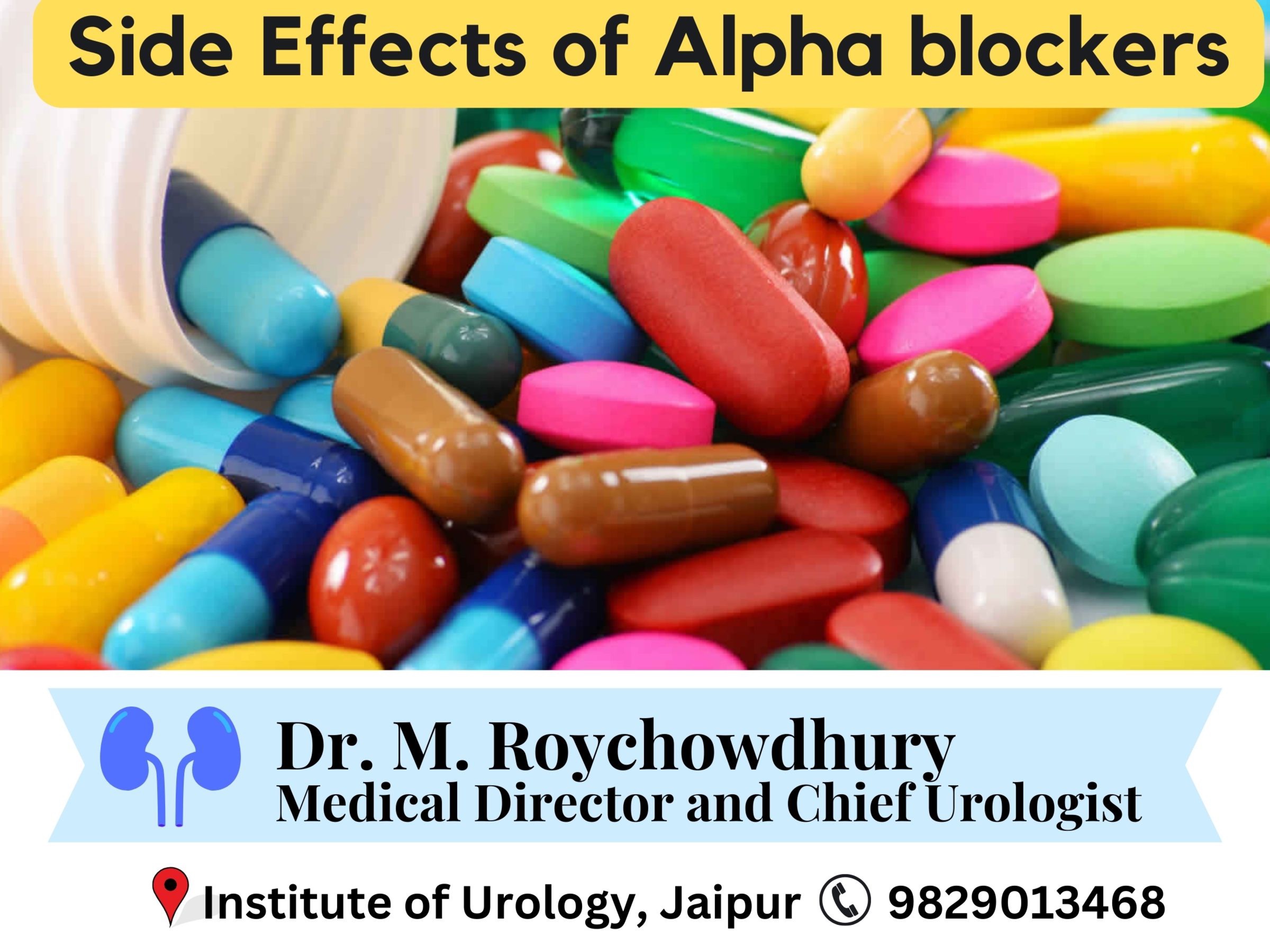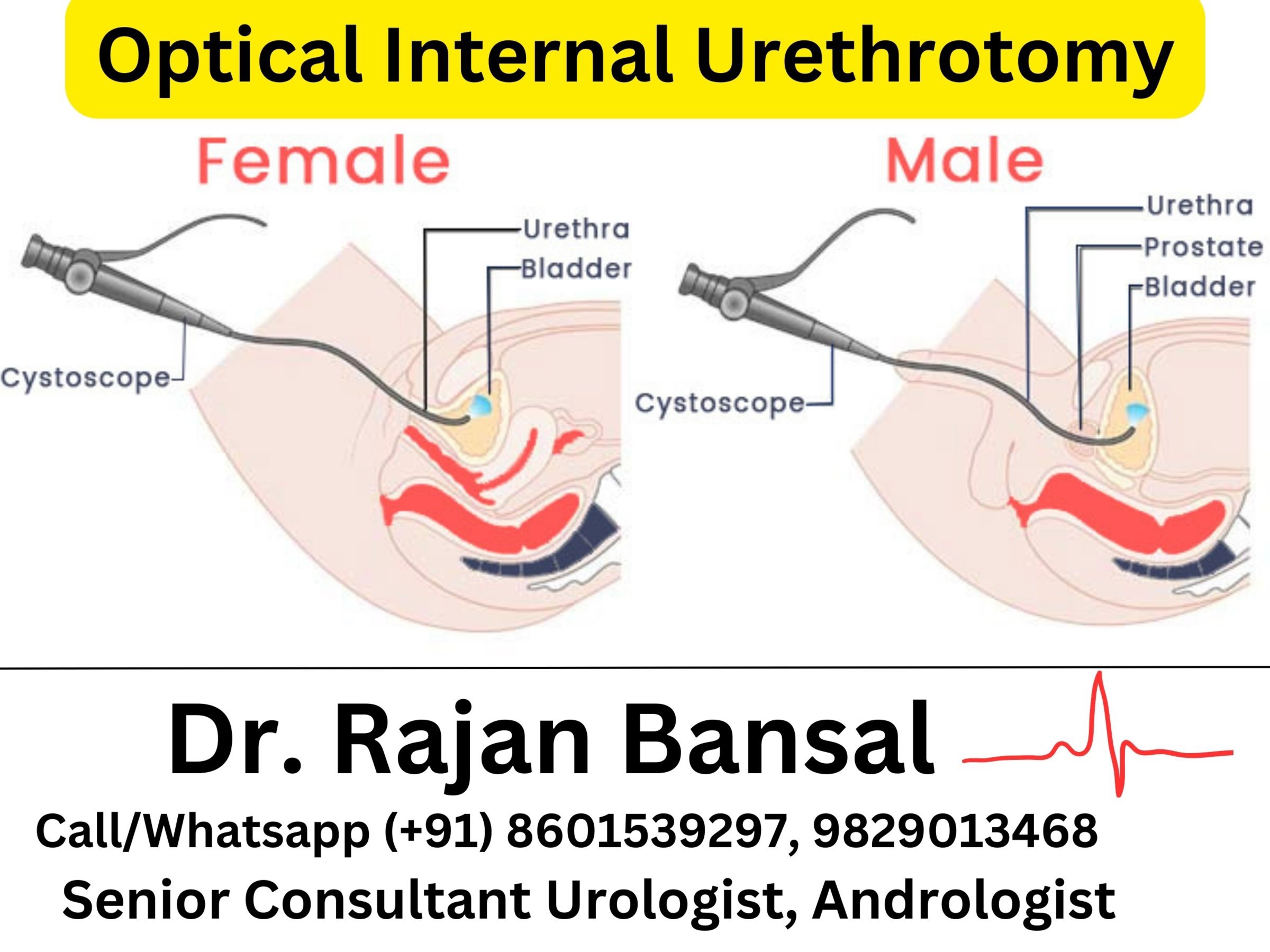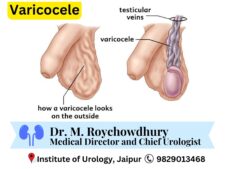Sexually Transmitted Infections : These are infections that spread from one person to another through sexual contact. There are various types of STIs caused by bacteria, viruses, parasites, or other organisms. They can affect anyone who’s sexually active, regardless of age, gender, or sexual orientation.
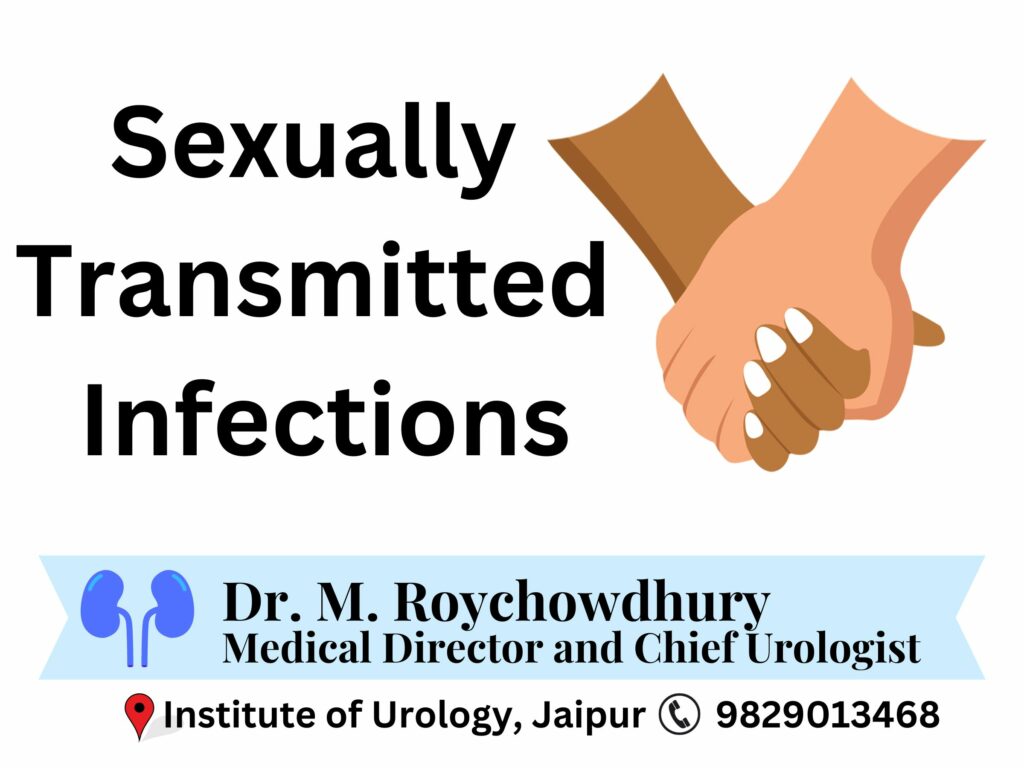
In India, approximately 2.1 million people live with HIV, with a prevalence rate of around 0.22% among adults aged 15–49. Statistics on other common STIs like chlamydia, gonorrhea, herpes, and HPV may vary regionally, and comprehensive nationwide data might be limited due to reporting disparities and healthcare access challenges.
What are the Symptoms of STD?
Some people may not experience any symptoms at all while some choose to ignore minor symptoms and difficulties. Let’s go through the symptoms experienced by men and women in the list below
STD symptoms in Men
Penile Discharge: Unusual discharge from the penis, which might be white, green, or yellowish.
Pain or Burning Sensation: Pain or a burning sensation during urination.
Sores or Bumps: Sores, bumps, or warts on the penis, scrotum, or around the genital area.
Testicular Pain: Pain or swelling in the testicles.
Rectal Symptoms: Symptoms like anal itching, pain, bleeding, or discharge if engaging in anal sex.
STD symptoms in Women
Vaginal Discharge: Unusual vaginal discharge that might be discolored, thick, or have an odor.
Painful Urination or Intercourse: Pain during urination or sexual intercourse.
Sores or Bumps: Sores, bumps, or warts around the vaginal area, cervix, or anus.
Abdominal Pain: Lower abdominal pain, which can sometimes be severe.
Bleeding Between Periods: Irregular bleeding between periods or heavier periods than usual.
Rectal Symptoms: Similar to men, women engaging in anal sex might experience symptoms like anal itching, pain, bleeding, or discharge.
What Causes STD
Sexually transmitted diseases (STDs) occur when certain bacteria, viruses, parasites, or other organisms are transmitted from one person to another through sexual contact. There are several reasons why STDs happen:
Unprotected Sex: Engaging in sexual activity without using protection, such as condoms, increases the risk of STD transmission. This includes vaginal, anal, or oral sex.
Multiple Sexual Partners: Having multiple sexual partners can increase the chances of coming into contact with someone who has an STD. The more partners someone has, the higher the risk of exposure.
Lack of Knowledge or Awareness: Limited knowledge about STDs, their transmission, and preventive measures can lead to higher rates of infections due to unprotected sex or ignorance about the risks involved.
No or Inadequate Testing: Not getting tested regularly for STDs, especially after engaging in unprotected sex or having a new sexual partner, can lead to undiagnosed infections and further spread of STDs.
Mother-to-Child Transmission: Some STDs, like HIV or syphilis, can be transmitted from an infected mother to her child during childbirth or breastfeeding if proper preventive measures are not taken.
Asymptomatic Carriers: Some individuals infected with an STD might not show any symptoms (asymptomatic carriers) but can still transmit the infection to their partners.
Drug Use and Needle Sharing: Sharing needles or drug injection equipment, especially in cases of intravenous drug use, can also lead to the spread of blood-borne STDs like HIV or hepatitis.
How is the Diagnosis of STD made?
Diagnosing STDs typically involves a combination of methods that may include:
Physical Examination: A healthcare provider may conduct a physical examination to look for any visible signs or symptoms of STDs, such as sores, rashes, or discharge.
Medical History: Your doctor may ask questions about your sexual history, symptoms, and potential exposure to STDs to better understand your risk factors.
Laboratory Tests:
Blood Tests: Blood samples can help detect infections like HIV, syphilis, or hepatitis.
Urine Tests: Urine samples are often used to diagnose chlamydia and gonorrhea.
Swabs: Swabs of the genital area, anus, throat, or sores may be taken to test for specific STDs like herpes, HPV, or bacterial infections.
Pap Smear (for Women): This test can identify abnormal cervical cells caused by HPV, which could potentially lead to cervical cancer.
Rectal or Oral Tests: Depending on sexual practices, doctors may also perform rectal or oral swabs to check for infections in these areas.
Rapid Tests: Some clinics offer rapid tests that provide quick results for certain STDs, enabling immediate treatment if necessary.
How is STD Treated?
Treatment for STDs varies depending on the type of infection. Here’s an overview of common treatments:
Bacterial Infections (Chlamydia, Gonorrhea, Syphilis):
Antibiotics: Bacterial STDs like chlamydia, gonorrhea, and syphilis are often treated with antibiotics. It’s crucial to complete the full course of antibiotics as prescribed by your urologist.
Viral Infections (Herpes, HPV, HIV):
Antiviral Medications: There’s no cure for viral STDs like herpes, HPV, or HIV, but antiviral medications can manage symptoms, reduce outbreaks, or slow down the progression of the infection. In the case of HIV, antiretroviral therapy (ART) is essential for managing the virus.
Parasitic Infections (Trichomoniasis):
Antiparasitic Medications: Trichomoniasis, caused by a parasite, is treated with antiparasitic medications.
Symptomatic Treatment:
Pain Relief: Medications might be prescribed to alleviate pain or discomfort associated with certain STD symptoms.
Topical Treatments: For some infections causing genital warts (like HPV), topical treatments or procedures might be used to remove warts or lesions.
Partner Treatment and Prevention:
Partners of individuals diagnosed with an STD might also need treatment to prevent re-infection and further transmission. Health education and counseling about safe sex practices, including condom use and regular testing, are crucial parts of STD treatment and prevention. It’s essential to complete the prescribed treatment course even if symptoms improve or disappear.
It is of paramount importance that such a treatment should never be taken on your own. Always consult a good urologist if you have reasons to believe that you might be getting a STI. Very often, two or more infections may co-exist giving rise to an STI. Therefore, a urologist will throughly get the proper testing done and after analysing the reports, will suggest the best treatment modality to completely eradicate the infection.
How to Prevent STI?
Preventing sexually transmitted infections (STIs) involves various strategies to reduce the risk of transmission. Here are essential steps for prevention:
- Safe Sex Practices:
- Condom Use: Consistent and correct use of condoms during sexual activity, including vaginal, anal, or oral sex, helps reduce the risk of STI transmission.
- Limit Sexual Partners: Having fewer sexual partners reduces the likelihood of exposure to STIs.
- Regular Testing and Screening:
- Get Tested: Regular STI screenings, especially after unprotected sex or with new partners, are essential. Testing helps detect infections early, even if there are no symptoms.
- Get Tested: Regular STI screenings, especially after unprotected sex or with new partners, are essential. Testing helps detect infections early, even if there are no symptoms.
- Vaccinations:
- HPV Vaccination: The HPV vaccine is available and recommended for adolescents and young adults to prevent certain strains of the virus that cause genital warts and cervical cancer.
- Hepatitis B Vaccine: Vaccination against hepatitis B helps prevent this viral infection transmitted through sexual contact.
- Communication and Education:
- Open Communication: Discuss sexual health with partners, including past STI history, and encourage honesty and openness in conversations.
- Sexual Health Education: Educate yourself and others about STIs, transmission risks, and preventive measures. This knowledge empowers informed decisions about sexual health.
- Protective Measures:
- Use Protection for Oral Sex: Dental dams or condoms can reduce the risk of STI transmission during oral sex.
- Avoid Sharing Needles: Injection drug use and sharing needles can increase the risk of blood-borne infections like HIV or hepatitis.
- Regular Health Check-ups:
- General Health: Maintaining overall health and a strong immune system supports the body’s ability to fight off infections, including STIs.
- General Health: Maintaining overall health and a strong immune system supports the body’s ability to fight off infections, including STIs.
- Partner Notification and Treatment:
- If diagnosed with an STI, inform sexual partners to seek testing and treatment to prevent further spread of the infection.
Remember, while these measures reduce the risk of STIs, no method guarantees complete protection. Practicing safer sex, regular testing, and seeking prompt medical attention if you suspect you have an STI are crucial steps toward prevention and early treatment.
STI Treatment in Jaipur – Institute of Urology, C Scheme, Jaipur
In conclusion, the treatment landscape for sexually transmitted infections (STIs) underscores the importance of early detection, prompt medical intervention, and adherence to prescribed therapies. Timely diagnosis through testing, comprehensive treatment plans tailored by expert urologists, and partner involvement in treatment are pivotal in managing STIs effectively. Beyond treatment, prevention remains paramount, emphasizing safe sex practices, regular screenings, and vaccination where available. A holistic approach encompassing both treatment and prevention not only addresses current infections but also curbs the spread of STIs.
At Institute of Urology, our expert urologists along with their team of highly skilled and trained staff are here to help you. With the help of our advanced infrastructure specially in the field of urology, diagnosing and treating urological conditions has never been more accurate. This greatly reflects on our honour as being one of the hospitals with the greatest patient satisfaction rates in the state of Rajasthan. We offer all the basic blood testing, imaging tests, cardio routine testings in house so that patient can have every facility within the hospital premises itself. Therefore, we provide Total Urology Care Under One Roof. You can also avail the facility of online consultation before visiting us in person in order to discuss your problems with our Senior Urologist. We can be reached at the following numbers:
Dr. M. Roychowdhury – 9929513468
Dr. Rajan Bansal – 8601539297


